If passed, it would be the 12th package of EU sanctions against Moscow, which could include a ban on Russian diamonds, further restrict Moscow’s ability to circumvent sanctions and punish companies in third countries that are “facilitating” Moscow to do so.
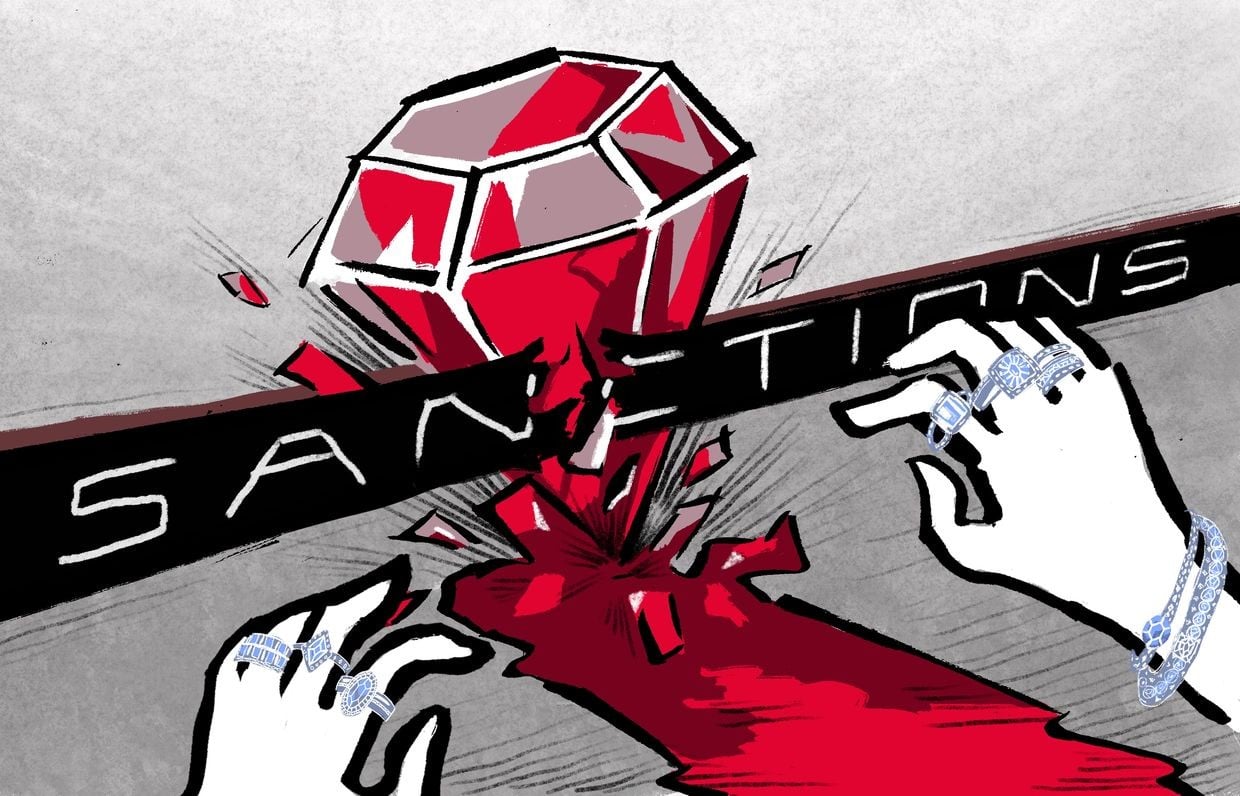 |
| Russia’s leading diamond producer Alrosa continues to sell to the West through intermediaries in third-party countries, an investigation by Kyiv Independent has revealed. (Source: Kyiv Independent) |
The EU imposed an 11th package of sanctions in June 2023, aimed at countering sanctions circumvention, mainly on dual-use products and in Russia's oil trade.
Now, with this latest package of sanctions, Brussels is said to be looking to expand the list of restricted “dual-use goods” – products with military applications, which Moscow has acquired through third countries.
The European Commission (EC) has previously warned that if diplomatic channels are not enough to prevent third-party countries from re-exporting sanctioned products, the European bloc could also ban exports to those countries.
According to Radio Free Europe journalist Rikard Jozwiak, discussions between the EC and EU ambassadors on a new package of sanctions against Russia have begun, with European leaders hoping to reach an agreement sometime between November and December this year.
However, as always, EU negotiations on a package of sanctions against Russia have encountered problems among the bloc's own members.
Meanwhile, Poland and the Baltic states want to go even further in their sanctions against Russia, calling for additional sanctions on services related to liquefied natural gas (LNG), the information technology sector, the nuclear industry, etc. Some members are also trying to find a solution to use the interest from the assets of the Russian Central Bank that are frozen in Europe, legally, to support Ukraine's reconstruction.
But now some other members, such as Hungary, are taking completely opposite actions. Budapest frankly stated that the EU needs to discuss the impact of sanctions on Russia: Who do the sanctions hurt more? Are they appropriate, do they lead to the desired results? Is the EU achieving its goals, namely to make Russia economically bankrupt and bring it closer to peace?
Hungarian Foreign Minister Péter Szijjártó noted that these issues have not been discussed in the EU so far. He also announced that Budapest has no intention of looking for a new supplier of nuclear fuel for its nuclear power plant and is satisfied with cooperation with Russian companies.
In addition, there is another reality: despite Western sanctions, Russian diamond sales continue to fill the Kremlin's coffers amid the Russia-Ukraine conflict, which remains deadlocked with no end in sight.
A recent investigation by the Kyiv Independent revealed that Russia’s leading diamond producer, Alrosa, continues to sell to the West through intermediaries in third-party countries. Alrosa even aims to increase sales by 2023. “Some of the profits may be spent directly supporting the Russian military,” the Kyiv Independent reported.
Thanks to weak US sanctions and the “absence” of any EU country, the Russian diamond producer Alrosa, which is partly owned by the Russian state, continues to profit from diamond sales, the Kyiv Independent reported. The company may be using some of its profits to directly fund the Russian military. Alrosa did not respond to a request for comment on the matter.
Shortly after Russia launched its military campaign in Ukraine, Western luxury brands such as Tiffany (USA) and Cartier (France) announced that they would stop buying Russian diamonds. Now, after the Kyiv Independent found evidence to the contrary, that they are going against the government’s efforts to close loopholes in sanctions against Russia, Tiffany has denied the accusation, while Cartier has not responded to a request for comment on the above suspicion.
Meanwhile, the latest G7 efforts to curb Russian diamond sales have been met with fierce lobbying from the world's largest diamond companies since the summer of 2022.
Observers commented that big brands like Tiffany and Cartier may be “misleading customers,” or not, because the very statement that they do not buy Russian diamonds is something they cannot guarantee and thus makes them unintentionally financially support Russia. The reason is that the “journey” of a diamond is very long, its origin is almost impossible to trace. It can change hands dozens of times before it ends up on a ring or bracelet, of a certain final customer.
On the Russian side, in response to the press's request for comment on the EU's plan to consult member states on the 12th package of sanctions against Russia, Russian Deputy Foreign Minister Alexander Grushko affirmed that "if the West takes any additional restrictive measures, Moscow will also consider moves to neutralize those sanctions and take retaliatory action if necessary."
Believing that the anti-Russian sanctions only harm the EU itself, the Russian diplomat said, "The EU is constantly looking for new sanctions against Russia. However, given the previous experience of dealing with imposed sanctions, I should note that there have been as many as 11 sanctions packages against Moscow - which clearly shows that such sanctions are not successful."
Source






![[Photo] Prime Minister Pham Minh Chinh chairs meeting to remove difficulties for projects](https://vstatic.vietnam.vn/vietnam/resource/IMAGE/2025/3/30/7d354a396d4e4699adc2ccc0d44fbd4f)
![[Photo] Ministry of Defense sees off relief forces to the airport to Myanmar for mission](https://vstatic.vietnam.vn/vietnam/resource/IMAGE/2025/3/30/245629fab9d644fd909ecd67f1749123)
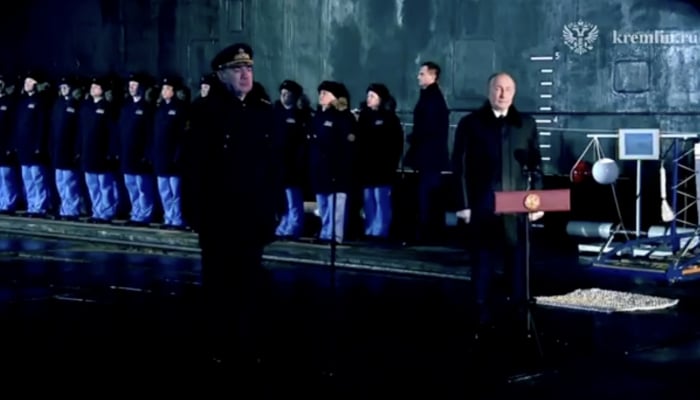

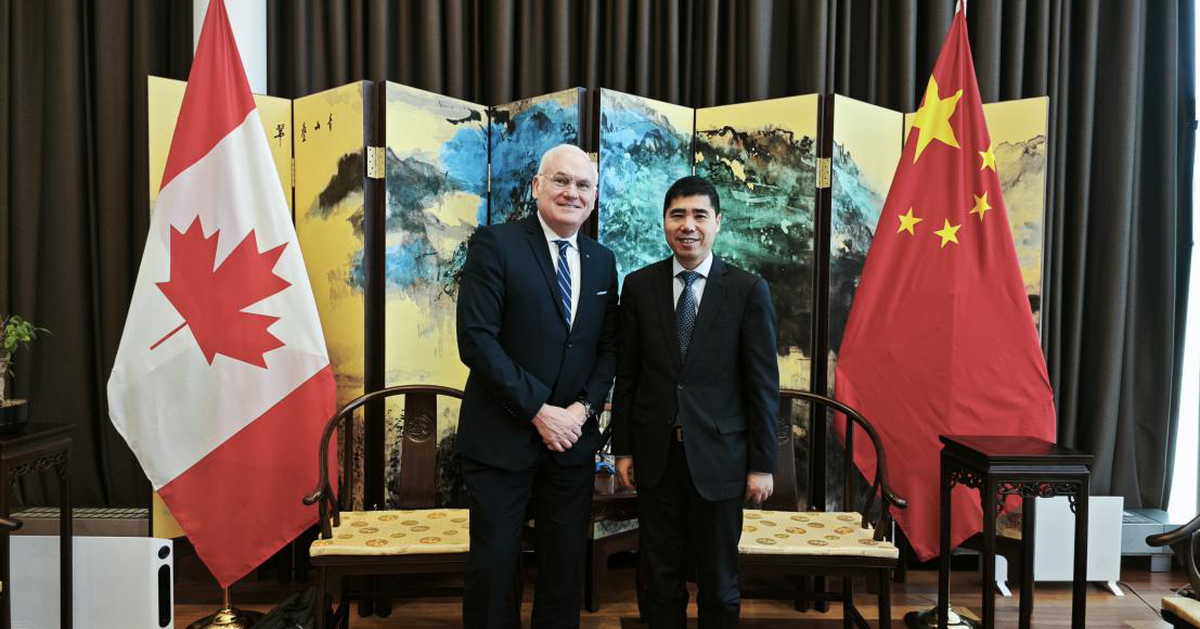


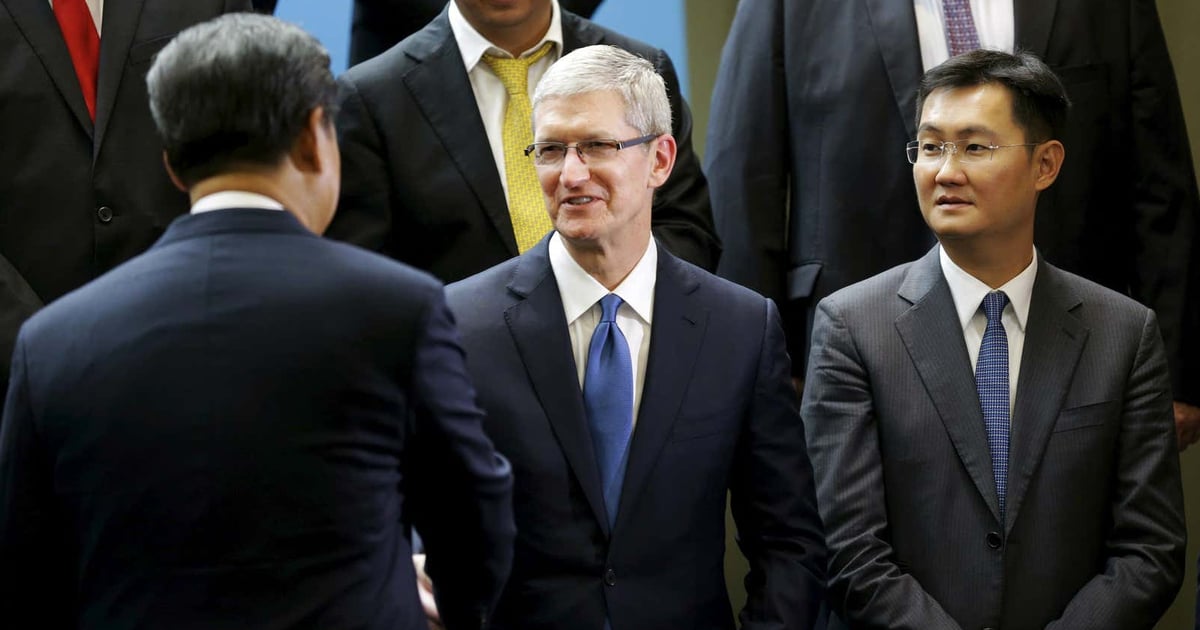




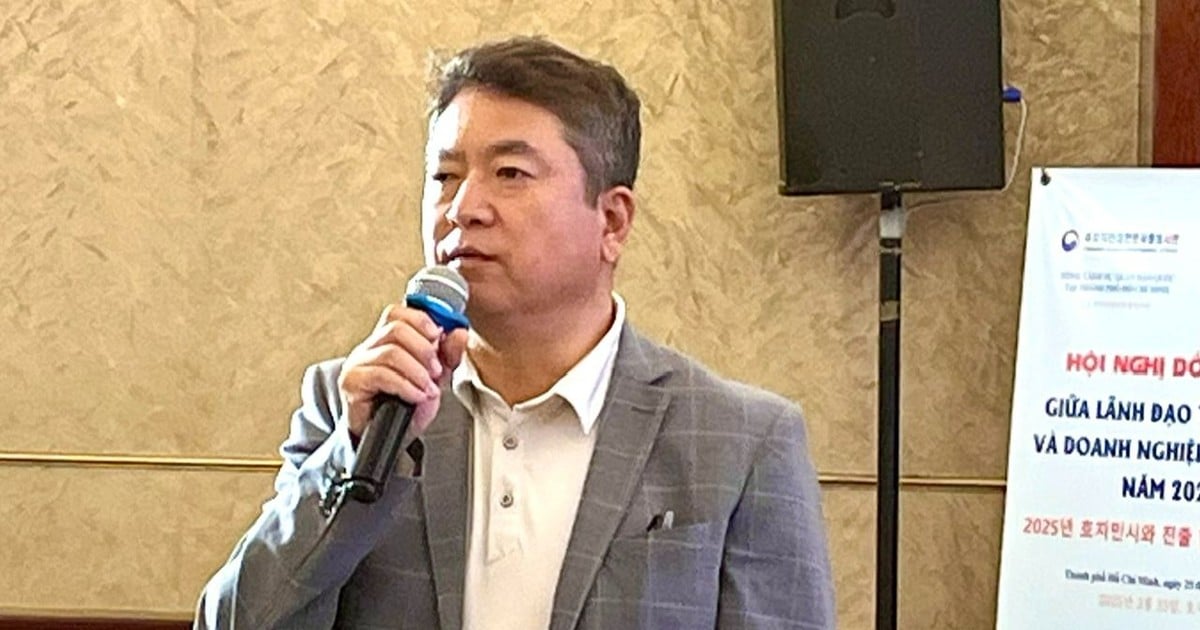
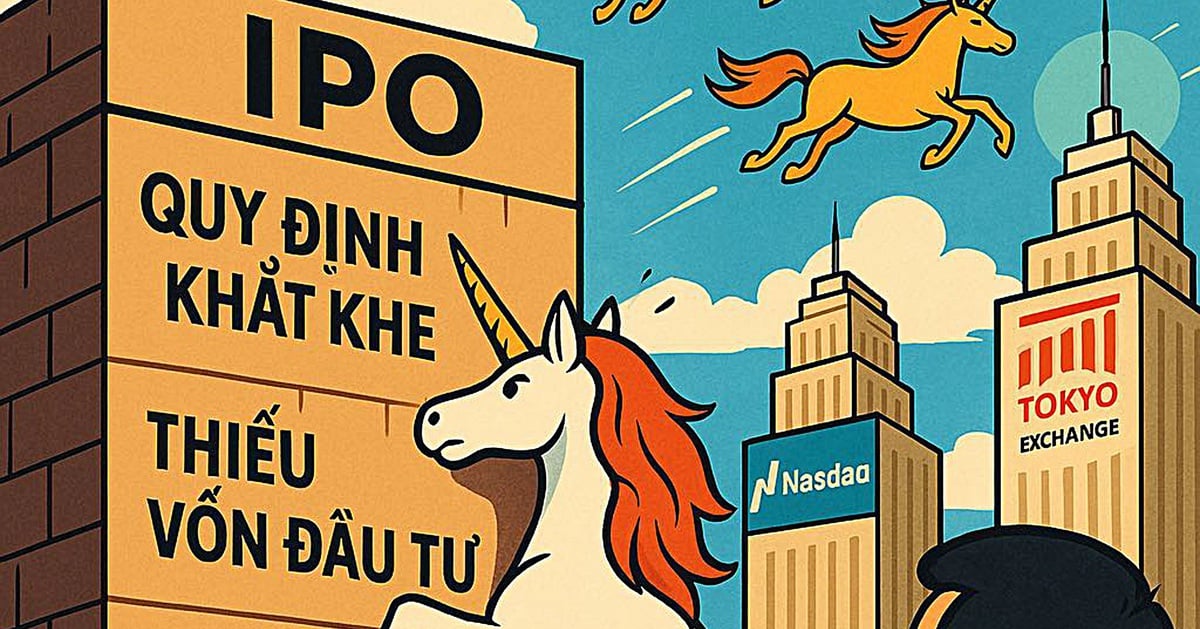
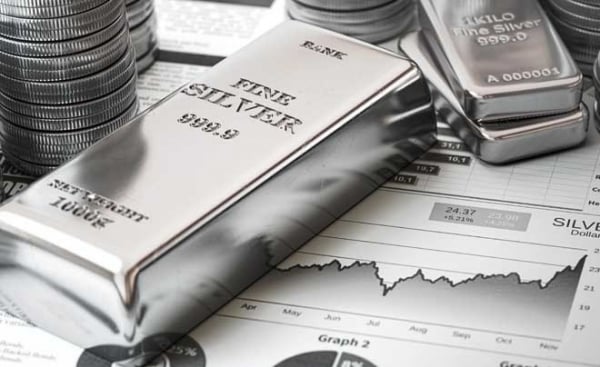
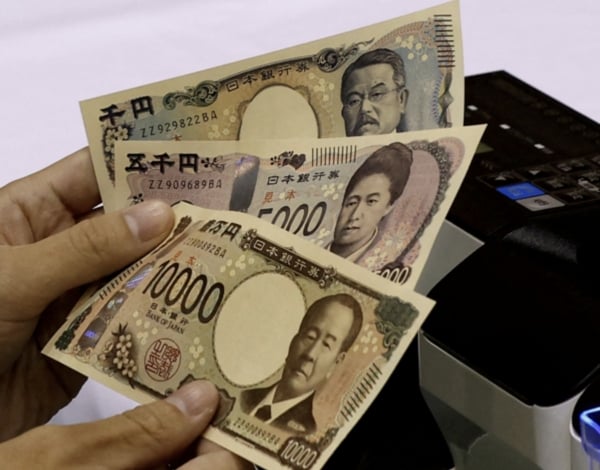
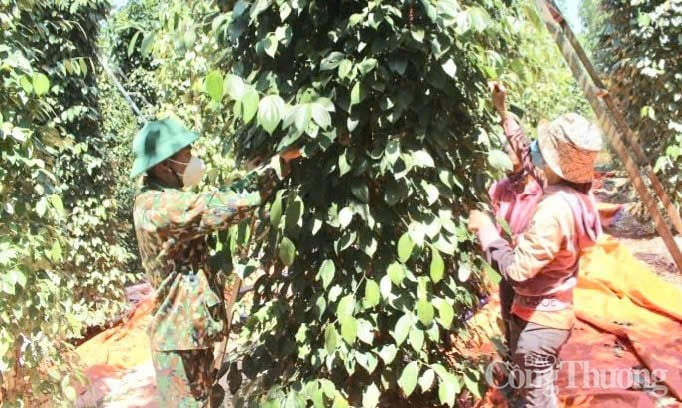
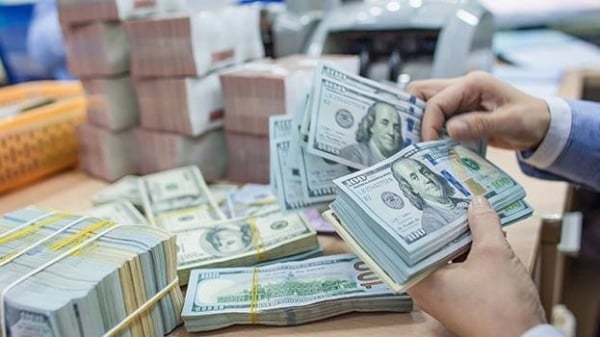



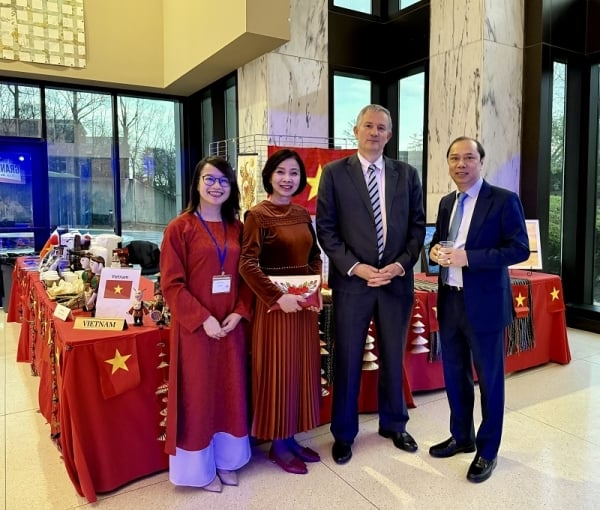
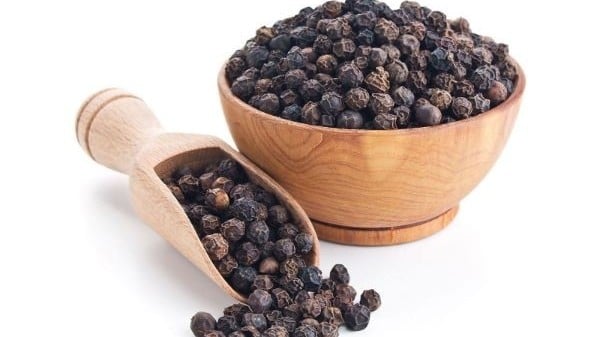

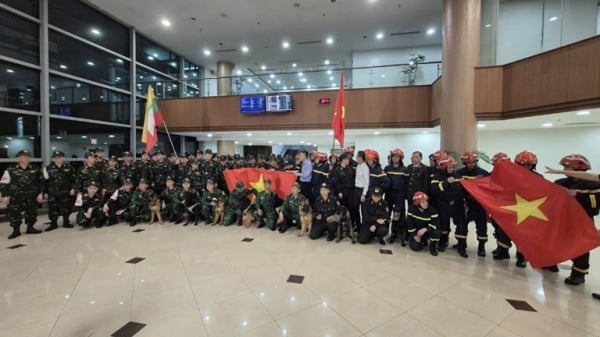

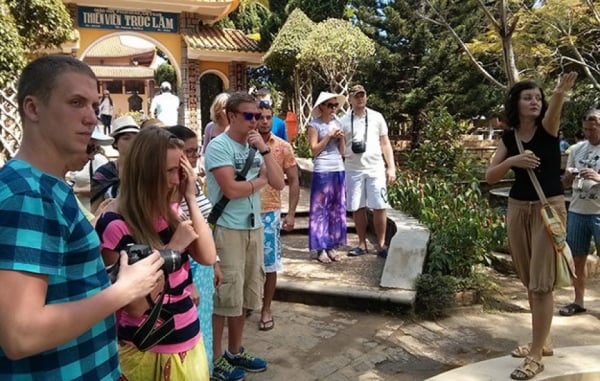



















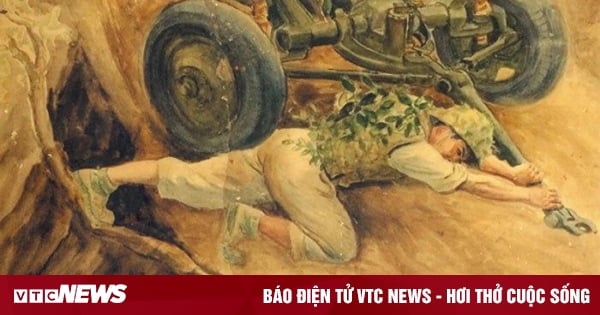

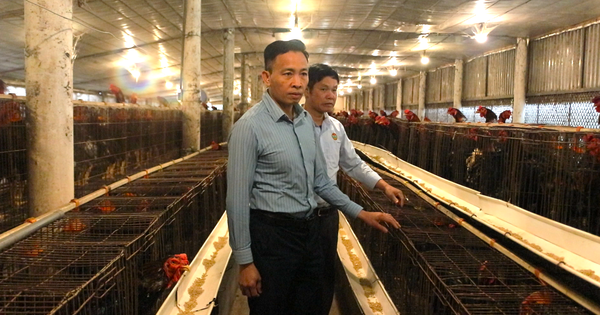
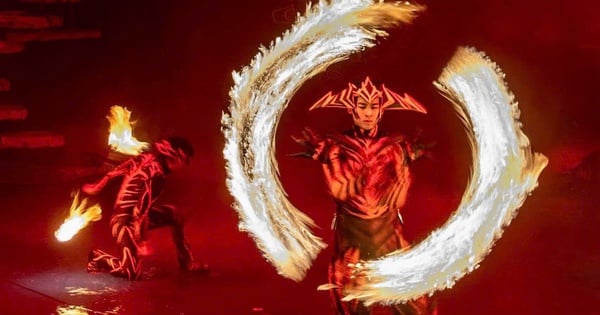









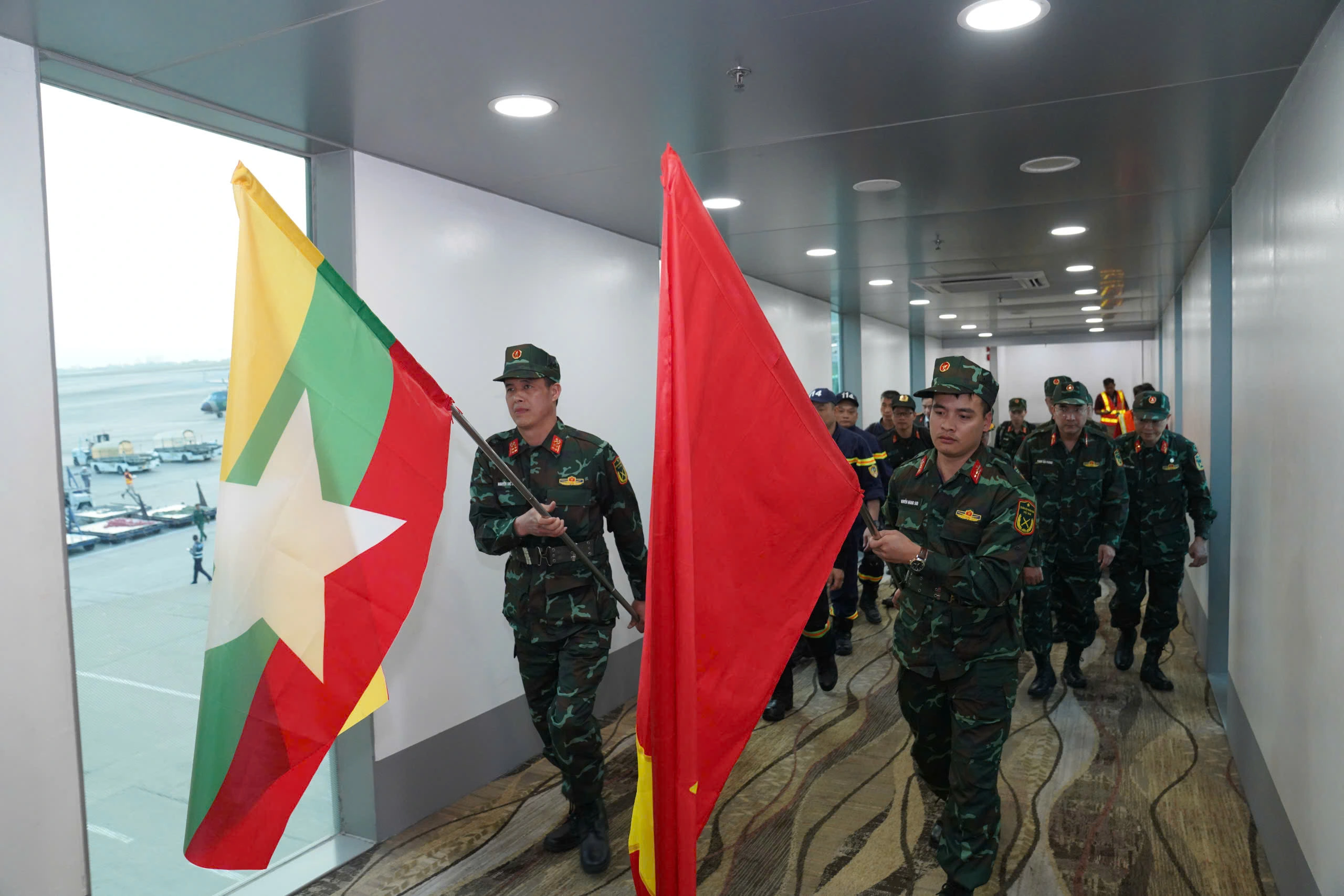
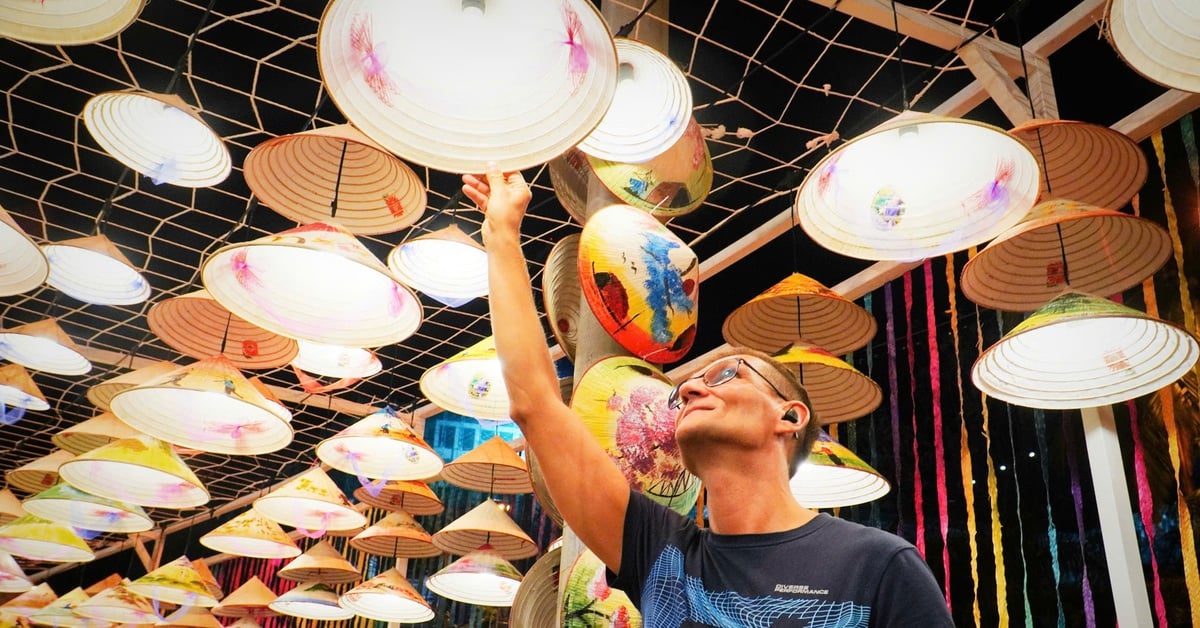
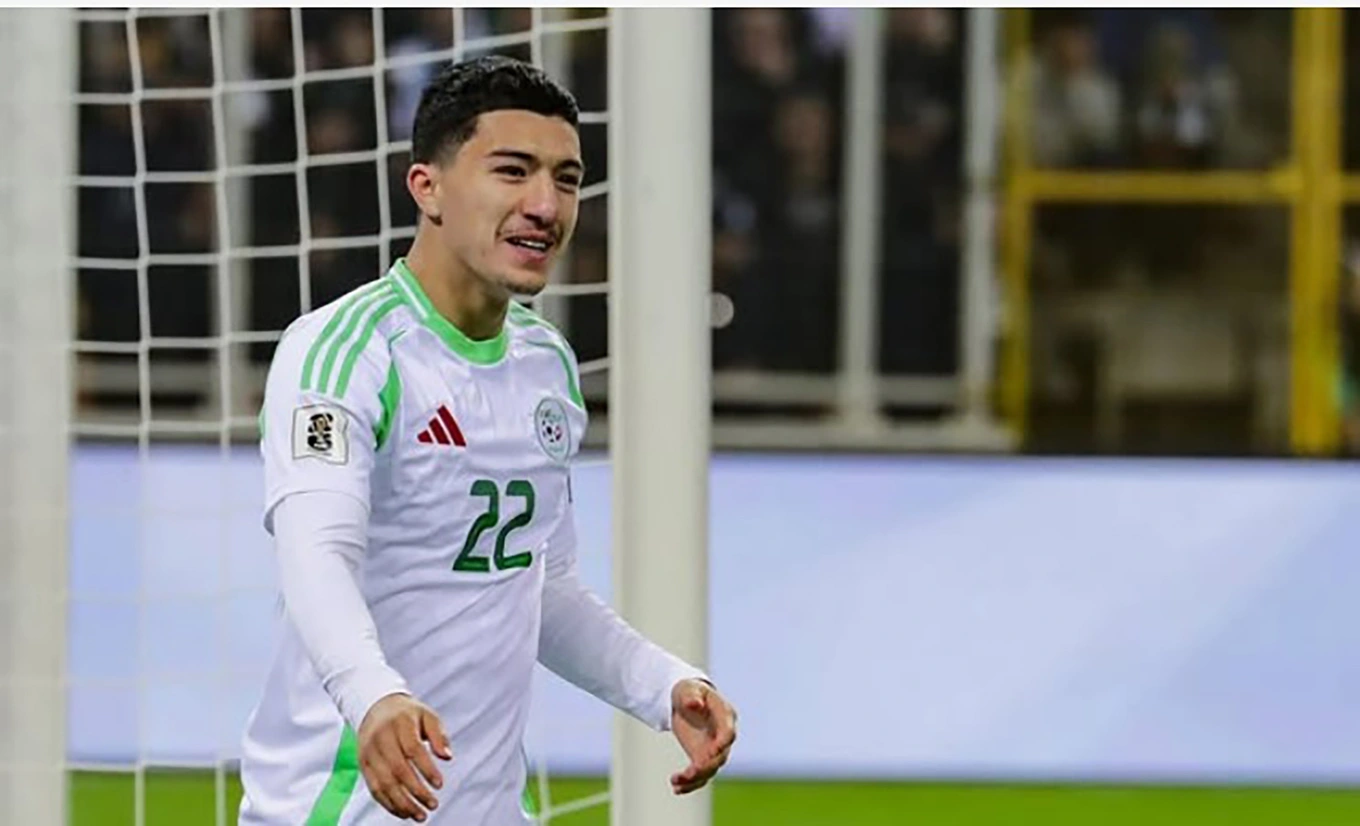

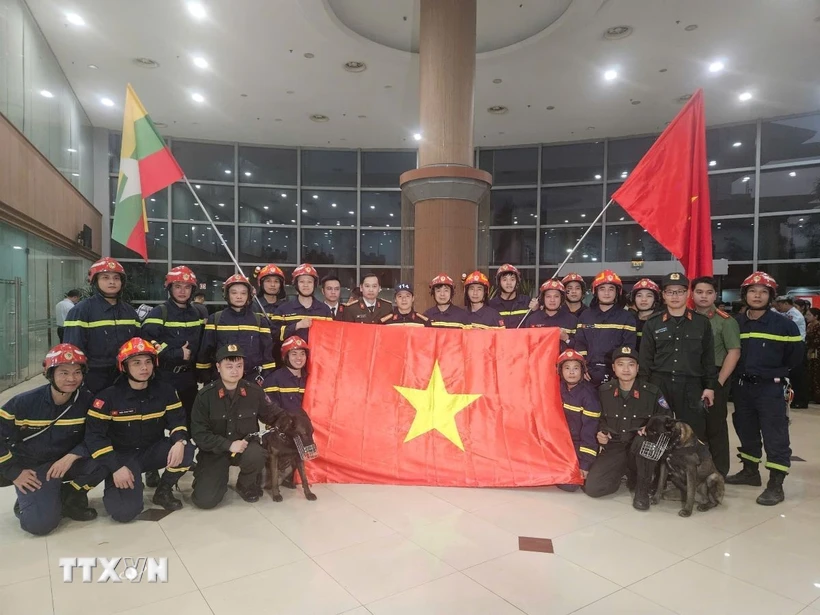
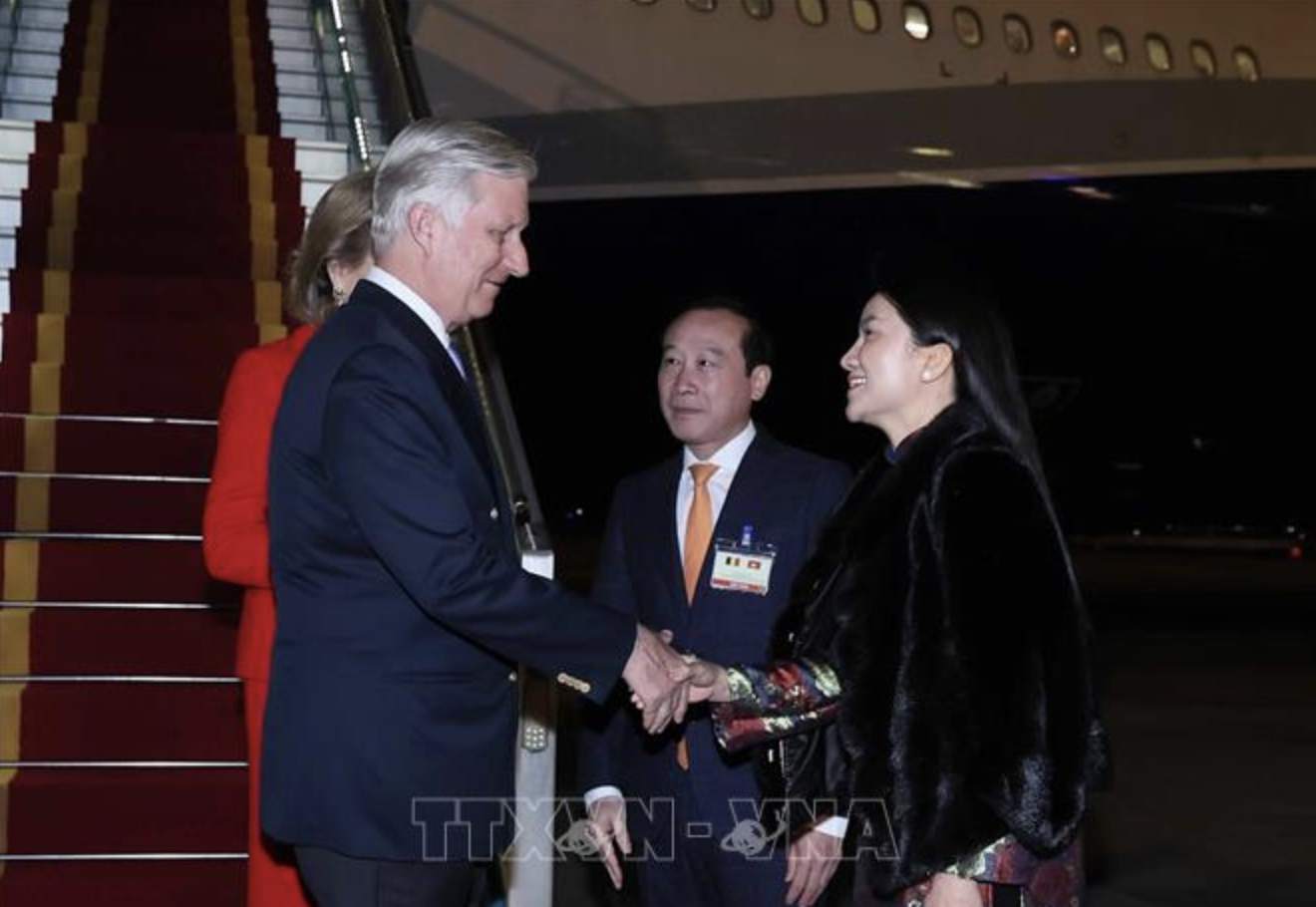
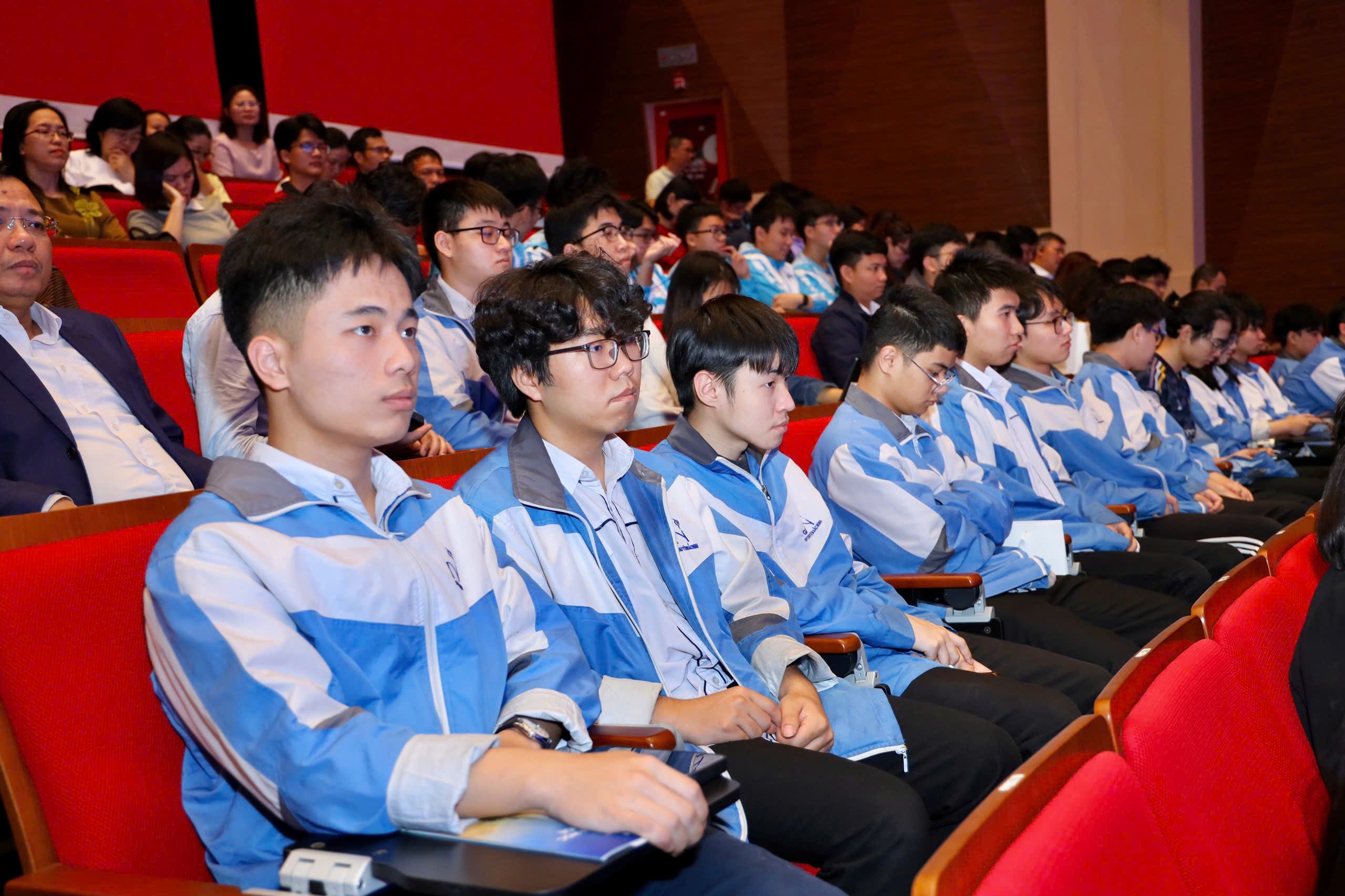

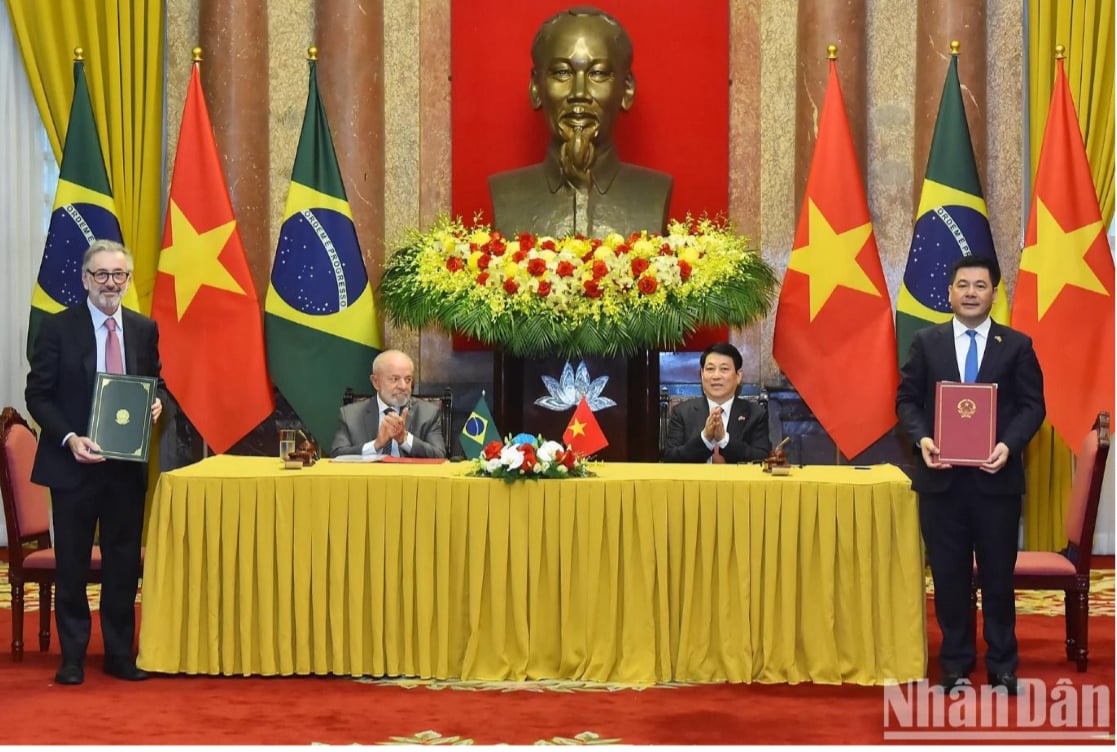

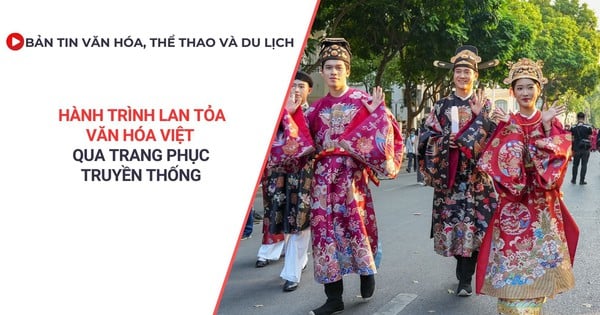




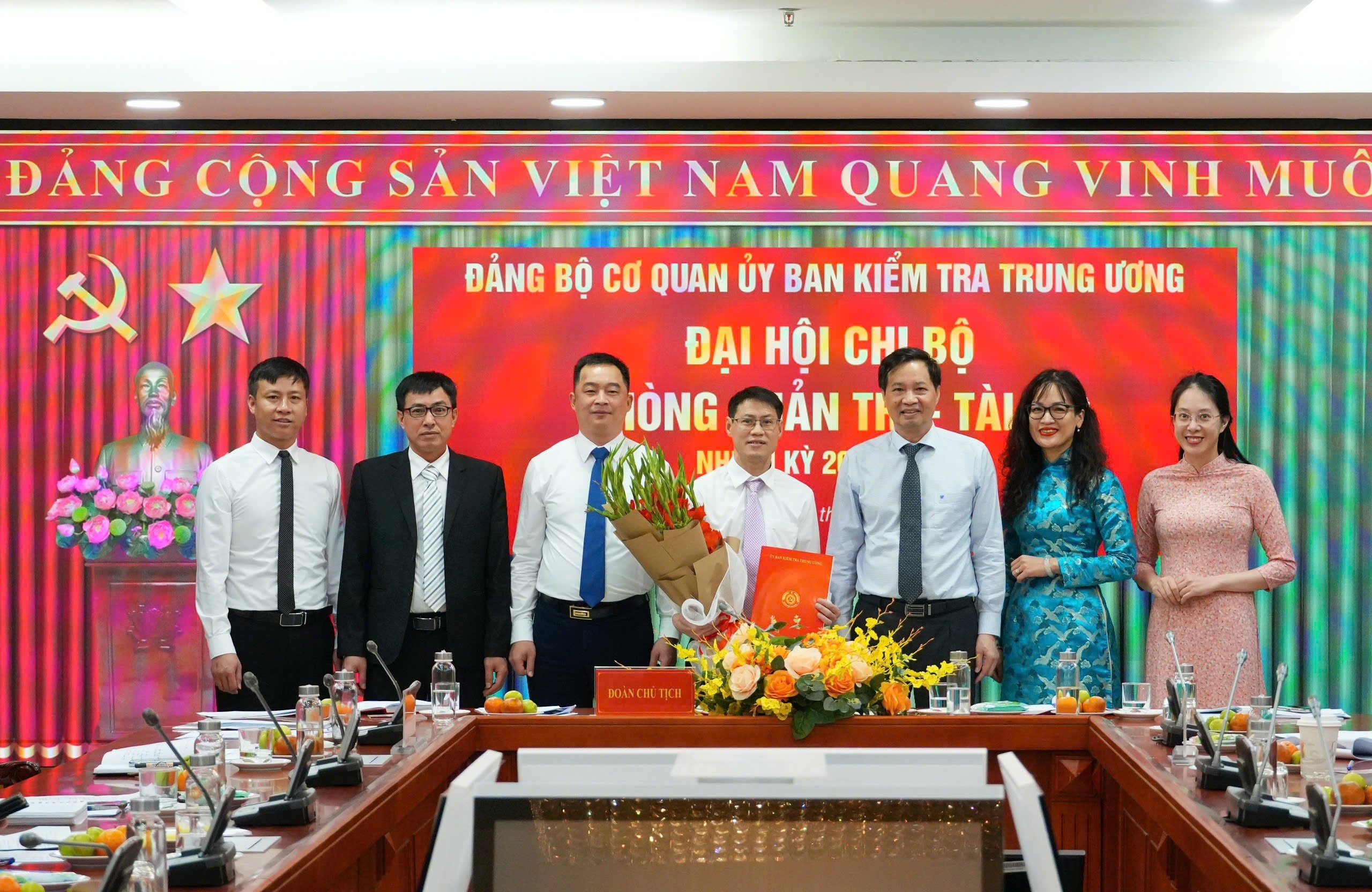


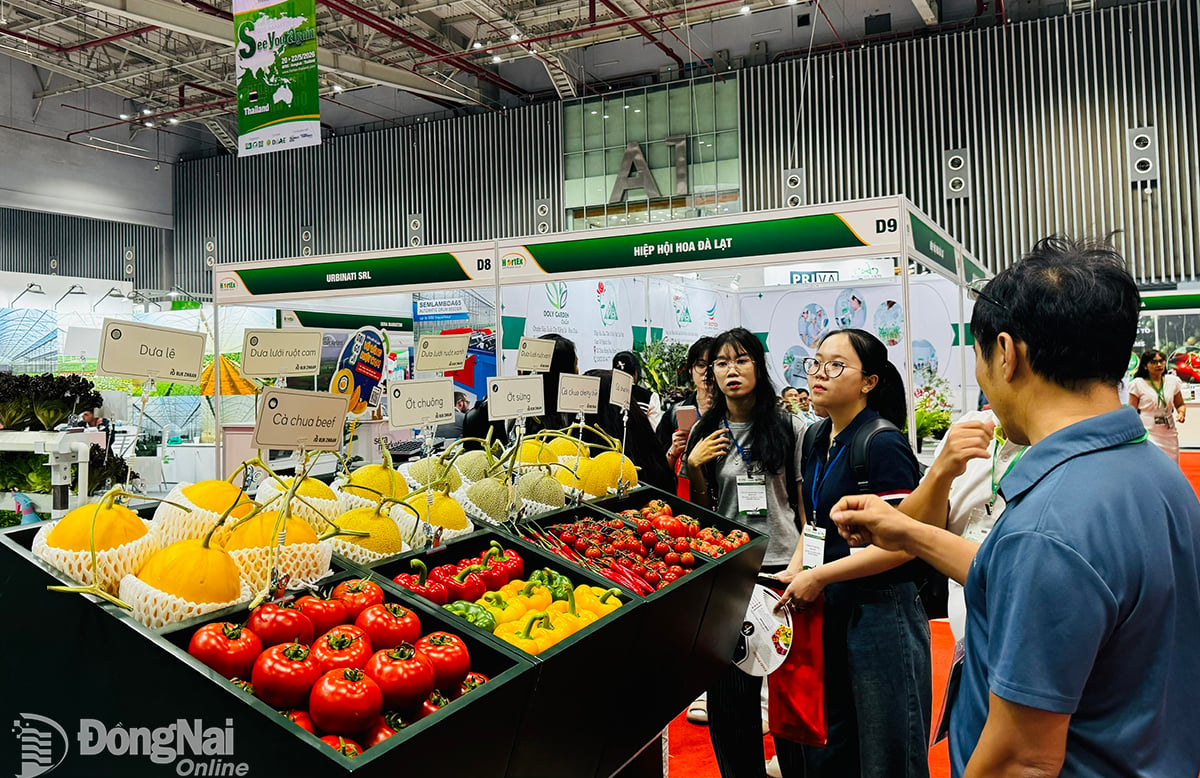




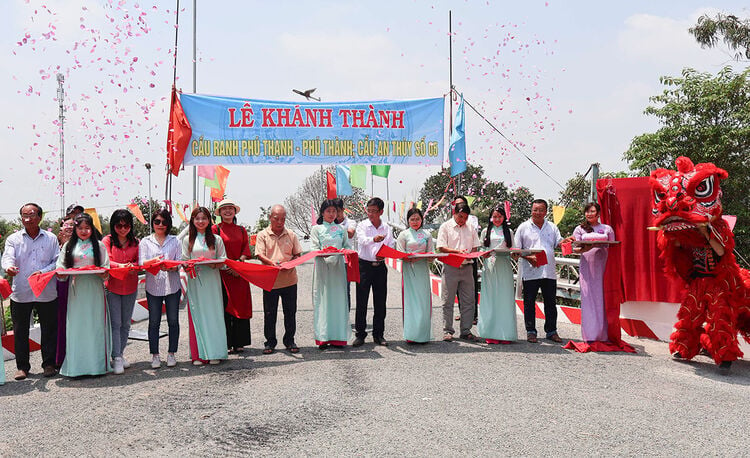
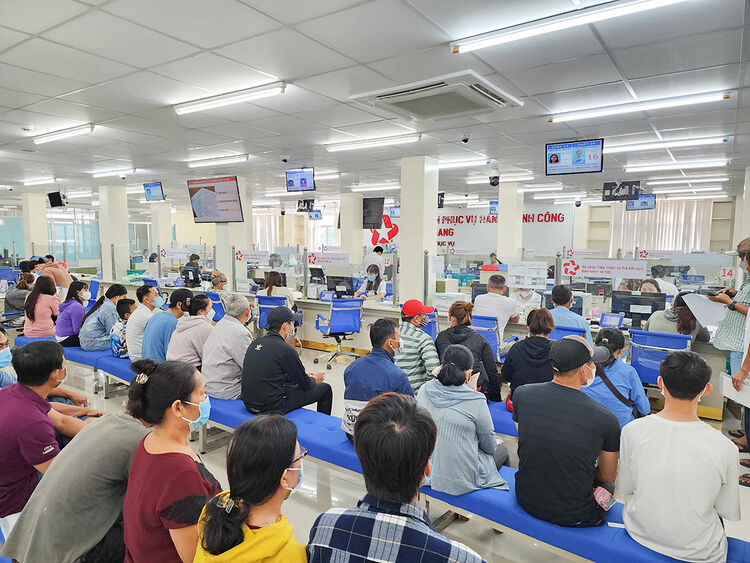




![[REVIEW OCOP] An Lanh Huong Vet Yen Cat](https://vstatic.vietnam.vn/vietnam/resource/IMAGE/2025/3/27/c25032328e9a47be9991d5be7c0cad8c)






Comment (0)